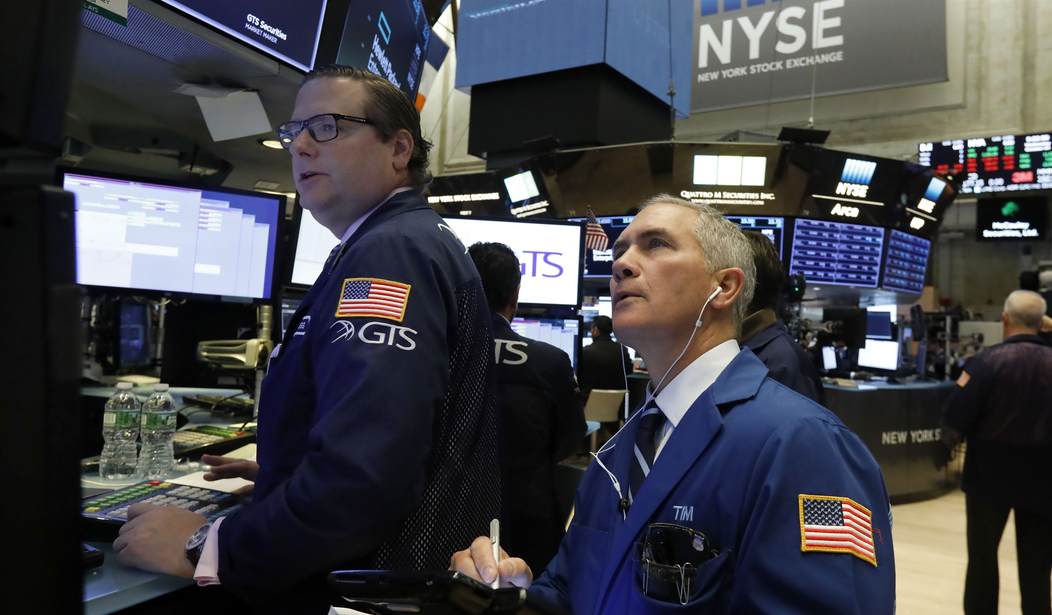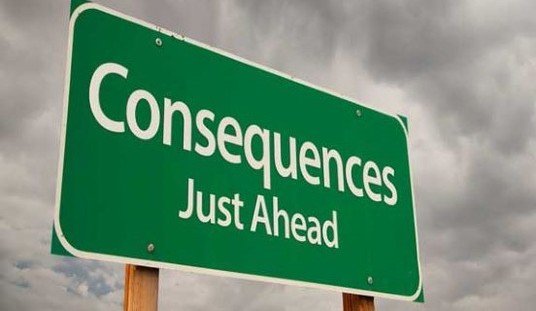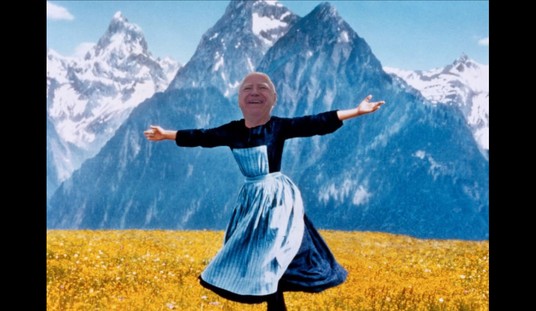Sen. Roger Wicker (R-Mississippi) explains in a tweet how the economic policies of President Joe Biden work against the American free market. Specifically, Sen. Wicker points out that the president's spending triggered double-digit inflation and that his burdensome regulations have added to the problem.
President Biden promised to improve the American economy, but his top-down, ideological policies work against the American free market. His spending triggered double-digit inflation, and his burdensome regulations add to the problem.#WickerReporthttps://t.co/rpW90GGxbk
— Senator Roger Wicker (@SenatorWicker) November 26, 2023
The Consumer Price Index, the figure published by the Bureau of Labor Statistics that measures the price change for goods and services over a 12-month period, is a 3.2 percent increase from November of 2022 to November of 2023. That is 1.2 percent higher than the figure the Federal Reserve has consistently stated is its goal for inflation, 2 percent. The overall CPI has not dipped below 3 percent in the past 31 months, and it was recorded at 6 percent or higher for nearly a year and a half. All of that, including eight months of 8 percent or higher inflation, has been experienced during President Biden's tenure.
Sen. Wicker rightly ties the economic policies spearheaded by President Joe Biden to the economic ills currently facing the U.S. If inflation is too much money chasing too few goods and services in an economy, then it stands to reason that spending more in an already high inflationary environment is going to add to the problem. Nevertheless, the Biden administration, in conjunction with Democrats in Congress, have pushed more and more spending, including the counterintuitively entitled "Inflation Reduction Act" piece of legislation.
Recommended
Sen. Wicker points out the Biden administration's spending problem.
President Biden spent his first year in office forcing two trillion dollars in spending through Congress. Prominent economists predicted this would cause inflation. We can see they were right every time we count cash at the register, swipe our card at the pump, or browse the internet for Christmas gifts.
Spending is only part of the problem illustrated by Sen. Wicker. The burdensome regulations have added to the economic ills. If a business has to allocate more money, more time, more manpower, and more resources to comply with federal regulations, some of which are highly questionable at the very mildest description, that business is going to be left with less money, less time, fewer resources, and a more constrained ability to hire. The inevitable result will be fewer jobs, fewer goods produced and services offered, and a reduction in the quality of the goods produced and services offered.
The problem, as Sen. Wicker tweets, is ideological. Leftists, such as President Biden, operate in terms of redistribution. Their approach is to allow government to decide how the economy will run by taking from some and redistributing it to others. The market approach, on the other hand, is to allow the forces of demand, supply, consumer need, and consumer want in an economy to dictate how and where capital flows. Wealth is, therefore, built through earnings and investment, and the overall economy is stimulated by consumption.
























Join the conversation as a VIP Member